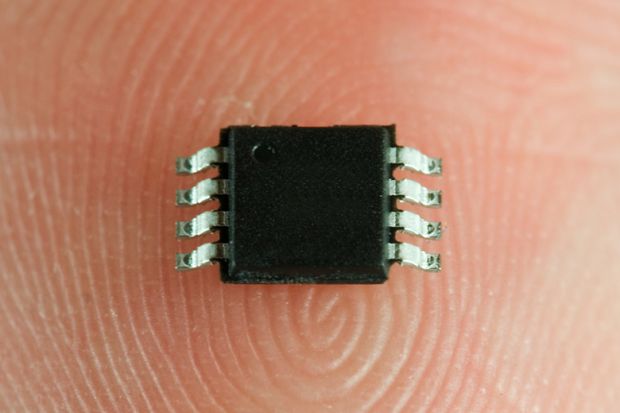The effectiveness of the longbow gave an advantage to Henry V’s troops at the battle of Agincourt in 1415. More recently, nuclear weapons threaten our annihilation, while advances in genetic engineering perhaps promise eternal life. Writers such as Johan Norberg and Matt Ridley have painted optimistic pictures of the benefits of new technology. In this readable and absorbing book, Sheila Jasanoff, professor of science and technology studies at Harvard University’s Kennedy School of Government, presents a more pessimistic view. She points out that while new technology may benefit some, it will be too expensive for others and could cause harm. She reviews the approaches that have been adopted to regulate new technologies, presents a number of illuminating case histories and offers thoughts on how we might do better in future. She makes a good case that technology rules us just as much as laws do.
Jasanoff is sceptical of most of the approaches to evaluating new technology that have been tried so far. Risk assessment too often allows technical people to mark their own homework. The US Office of Technology Assessment, which operated from 1972 to 1995, was too much in the grip of party politicians to gain general respect. She speaks approvingly about a wide-ranging public consultation on the possible introduction of genetically modified crops that was carried out in the UK from 2001 to 2003, under the banner “GM Nation?” It concluded that there was much opposition to, and little appetite for, the introduction of GM crops, which was not what Tony Blair’s government wanted to hear. Jasanoff also points out that perhaps only a rigorous application of the precautionary principle has a chance of anticipating Donald Rumsfeld’s “unknown unknowns”, especially when the risk being considered is very unlikely but would cause very serious harm.
Provision of appropriate legal protections usually lags behind the introduction of new technology, Jasanoff argues. She presents histories of several major technical disasters, the most detailed being the release of methyl isocyanate at Bhopal in 1984, in India where Jasanoff was born. Shockingly, there has never been an adequate explanation of why this disaster occurred, nor did victims or their families receive anything like adequate compensation. The legal systems of both the US and India served them no better than did the Union Carbide plant’s safety controls on that dreadful night.
The impact of genetic modification in agriculture, the role of genetics in human health and reproduction, and the information revolution are the subjects of three major chapters. These are valuable and wide ranging, although largely descriptive. Both for GM crops and human reproduction, major differences have emerged between what is permitted in the US and in Europe.
I found Jasanoff less persuasive on how to do better. She identifies three things needed to help society improve its grip on the ethical issues raised by new technology: wise anticipation, shifting the balance of ownership in favour of society and away from individuals, and the exercise of greater responsibility, public and private. She believes that technology is more amenable to ethical and political oversight than we imagine. In this, for once, she may be too optimistic.
Richard Joyner is emeritus professor of chemistry, Nottingham Trent University.
The Ethics of Invention: Technology and the Human Future
By Sheila Jasanoff
W. W. Norton, 320pp, £17.99
ISBN 9780393078992
Published 30 September 2016
后记
Print headline: Automatically install updates?




